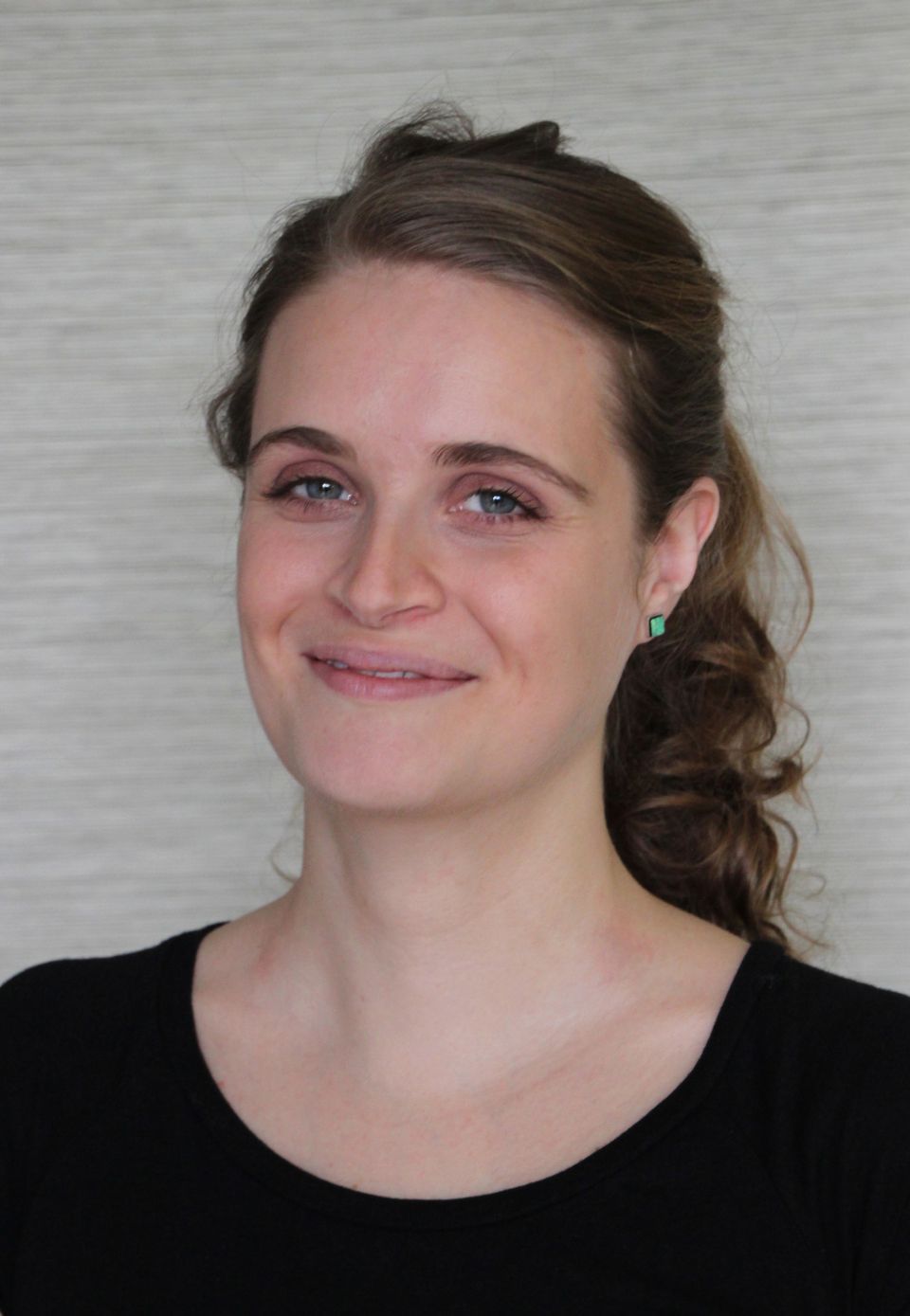
Cite as:
Okune, Angela. 2018. "Alev Coban." In STS in "Africa" Personal Careers. In STS in "Africa" in Formation, created by Angela Okune and Aadita Chaudhury. In STS Across Borders Digital Exhibit, curated by Aalok Khandekar and Kim Fortun. Society for Social Studies of Science. August.
Alev is a PhD student in the Department of Human Geography at Goethe-University Frankfurt. In her PhD project, she is using STS, postcolonial and ethnographic approaches focusing on global ‘South-North’ relations to research places and practices of innovation in Nairobi. Specifically, she is interested in the socio-material practices of prototyping, making and innovating in the context of tremendous investment in technological development by multinationals and development organizations. Her research therefore focuses on the techno-politics in engineering and hardware projects, the working conditions in makerspaces and the post-colonial specifics of Nairobi’s tech scene.
This PECE essay helps to answer the STS Across Borders analytic question: “What people, projects, and products exemplify how this STS formation has developed over time?”
This essay highlights prominant and upcoming individuals working on critical science and technology issues in Africa and is part of a broader exhibit on "STS in Africa."
STS Across Borders is a special exhibit organized by the Society for Social Studies of Science (4S) to showcase how the field of Science and Technology Studies (STS) has developed in different times, places...Read more
"In my PhD project, I am using STS, postcolonial and ethnographic approaches focusing on global ‘South-North’ relations to research places and practices of innovation in Nairobi. Specifically, I am interested in the socio-material practices of prototyping, making and innovating in the context of tremendous investment in technological development by multinationals and development organizations. Therefore, my research focuses on the techno-politics in engineering and hardware projects, the working conditions in makerspaces and the post-colonial specifics of Nairobi’s tech scene."
"Reading “The Zimbabwe Bush Pump: Mechanics of a Fluid Technology” by Marianne de Laet and Annemarie Mol (2000) during my master's programme was an eye-opener. The understanding that a thing, an object or stuff could be fluid, adaptive and possessing agency was against everything I learnt so far. Since then, I delved into STS (and sometimes out again) trying to combine ‘it’ (better: they) with postcolonial thoughts. Scholars like Clapperton Chakanetsa Mavhunga and Helen Verran inspire me on this journey."
"Unfortunately, participatory research is still often seen as experimental. Thus, I try my best in considering the principles of the Charter of Decolonial Research Ethics (http://decolonialityeurope.wixsite.com/decoloniality/charter-of-decoloni...) in my research. In regards to sharing knowledge about science and technology, I really liked the exhibition at Tate Modern called "Space Gather Make"(https://spacegathermake.tumblr.com). Using the insights of the Journal of Peer Production Special Issue #12 (http://peerproduction.net/) about makerspaces and institutions, the exhibit asked what worker-owned labour looks and sounds like at the makerspaces featured in this special issue."
Alev Coban (May 9, 2018): "In general, I would like to see STS research IN Africa expanding. Financial support for local researchers and for building research institutes is needed, so that local research becomes more visible globally." Read more
AO: In this 2018 paper by Alev Coban, she finds that despite the seemingly radical potential of technology "making" in the global South to shift global asymmetries of power, postcolonial power asymmetries persist in relations between Western investors and start-ups/makers, structured by a tech-...Read more